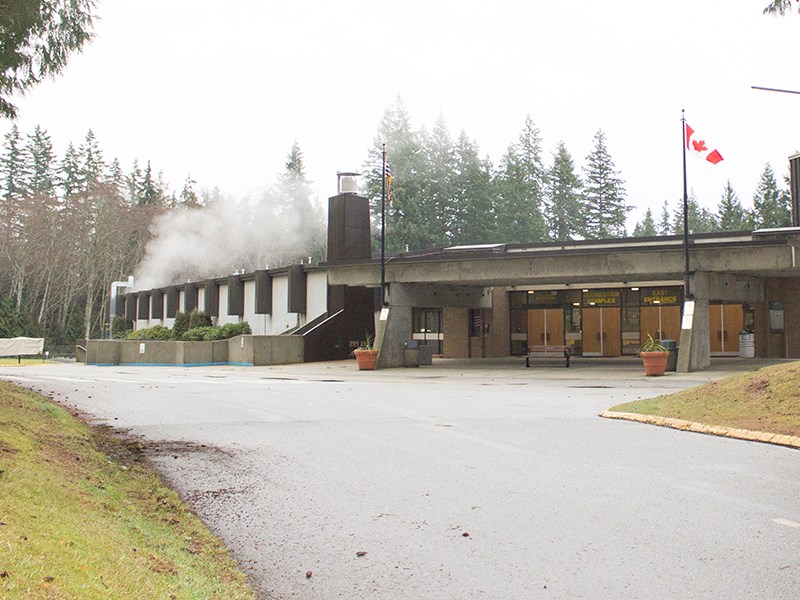A decision to expand a City of Powell River program designed to help low-income residents has been put on hold until more discussion takes place on a recent regional-recreation report.
City of Powell River council decided at its meeting on Thursday, February 2, to hold back making a decision that provides better access to services at Powell River Recreation Complex for residents throughout the region.
The decision is now pending results of a highly anticipated discussion on establishing regional-recreation service with Powell River Regional District electoral areas and Tla’amin Nation at an upcoming C3 meeting in March.
The city currently operates a recreation financial assistance program that provides 20 passes per year to people on social assistance living in either the city or rural electoral areas. In the first six-months of 2016, 168 people received the passes.
City parks, recreation and culture director Ray Boogaard’s proposed one-year pilot program would increase the number of annual passes to 52 and rely on the Statistics Canada low-income measure to determine eligibility for the passes. The current model, which ties its eligibility to anyone collecting provincial social assistance, has a much lower threshold.
Councillor Russell Brewer said he thought the program was needed and supported increasing the number of passes and using the low-income measure to establish eligibility. However, he said he did not support making city taxpayers pay for residents in rural electoral areas.
“We all can agree it’s something we should do,” said Brewer. “I’d just like to invite the regional district to participate as well.”
Brewer added that only city taxpayers contribute toward costs of running what he considers to be a regional facility, and that makes Powell River an outlier in the province.
“Only city residents pay for the complex at present,” he said. “Most other regional districts in the province have a facility of that nature supported by the entire region.”
The recreation complex currently has a funding gap of between $500,000 and $700,000, the amount electoral area residents would be paying if they were contributing to operate the facility, he added.
The total overall difference between revenues and expenses for the complex is approximately between $2 to 2.1 million.
At the meeting, councillor Jim Palm said expanding the city’s program is a response to the growing need in the region to provide recreation services for people living in poverty who otherwise may not be able to afford to use recreation facilities.
“I hate to say it, but that is an increasing number in our community,” said Palm.
Palm, who works as a counsellor at Brooks Secondary School, said that over the last 10 years he has seen an increase in child poverty and he stressed the importance of providing access to youth.
“Recreation is a big component in helping those youth advance in society and by cutting off that channel we’re really doing them a great disservice,” said Palm.
Palm said the recreation complex funding gap was a problem for him, too, but he felt that closing the program off to youth living in the regional district before having a discussion on establishing a regional-recreation service was not correct.
“Yes, the electoral area directors should be helping support their residents to access recreation and come in and be a part of this community,” said Palm. “I will be speaking loudly and clearly about this at that C3 meeting, hoping they will find a way to get it.”



